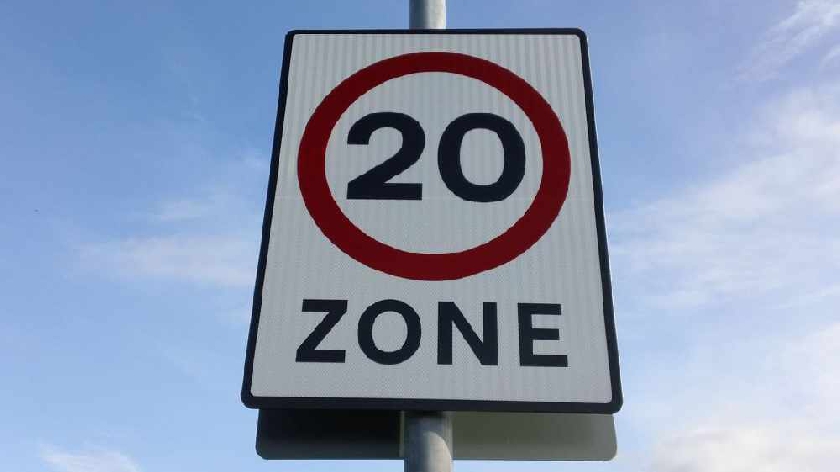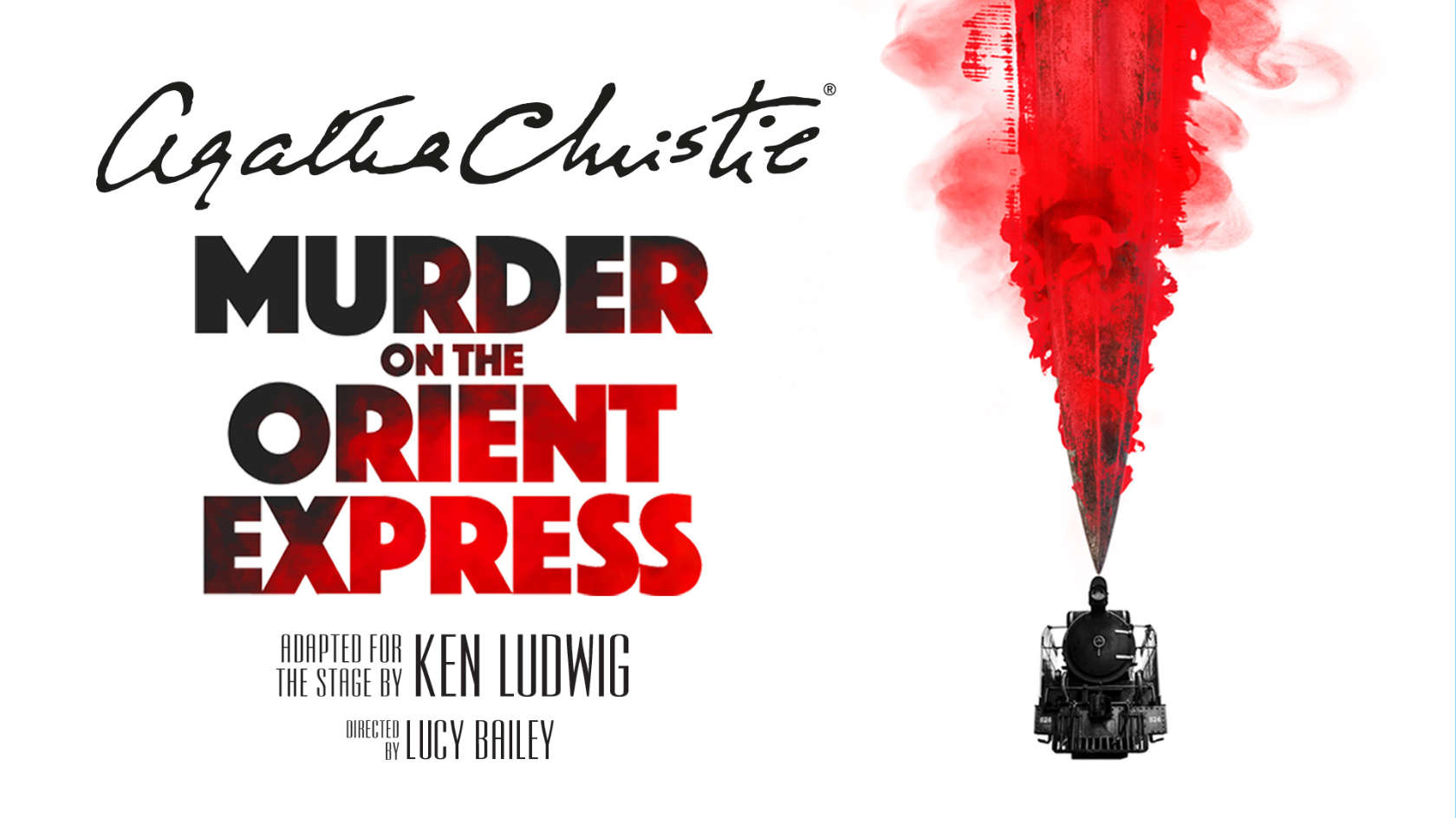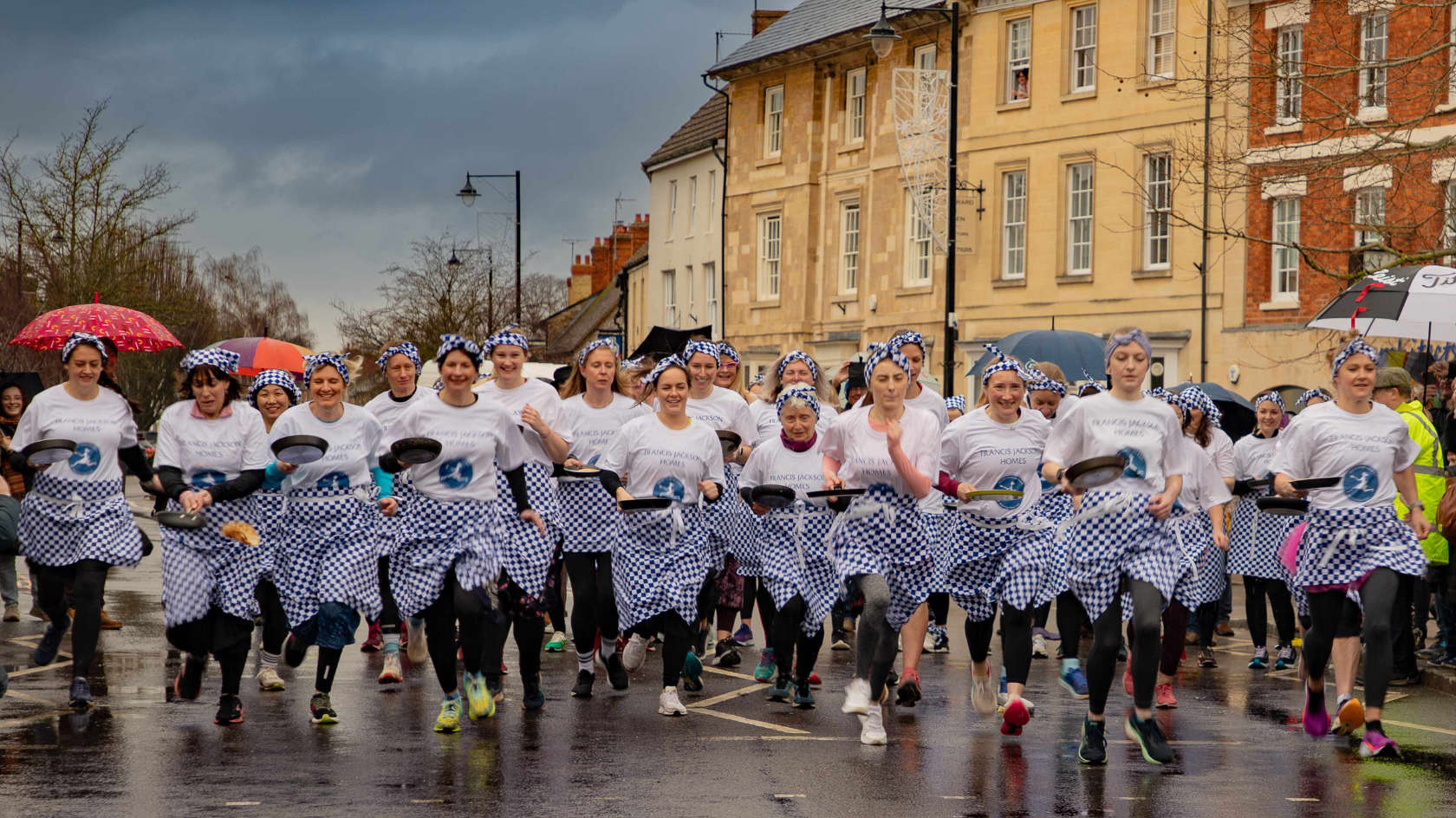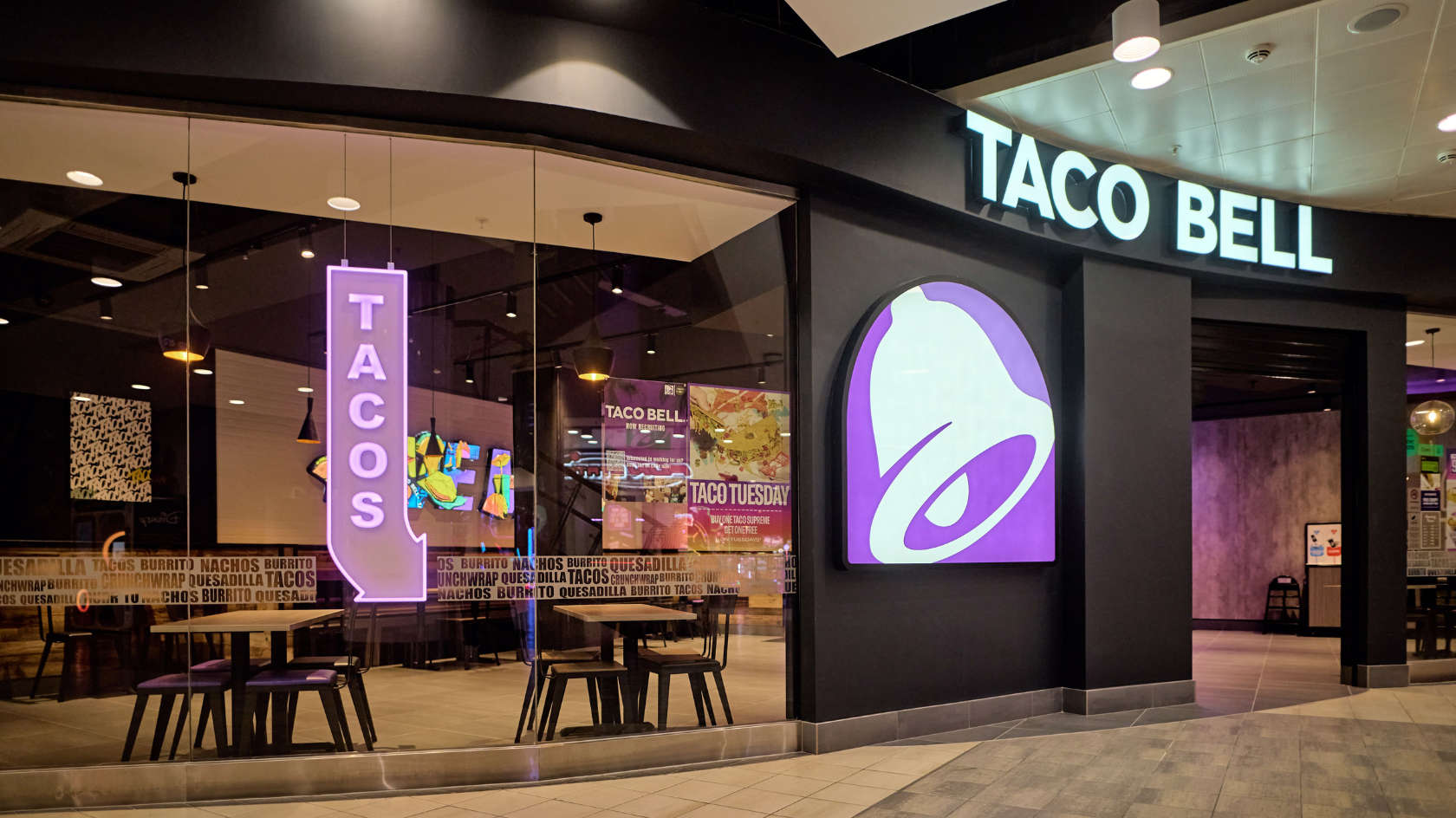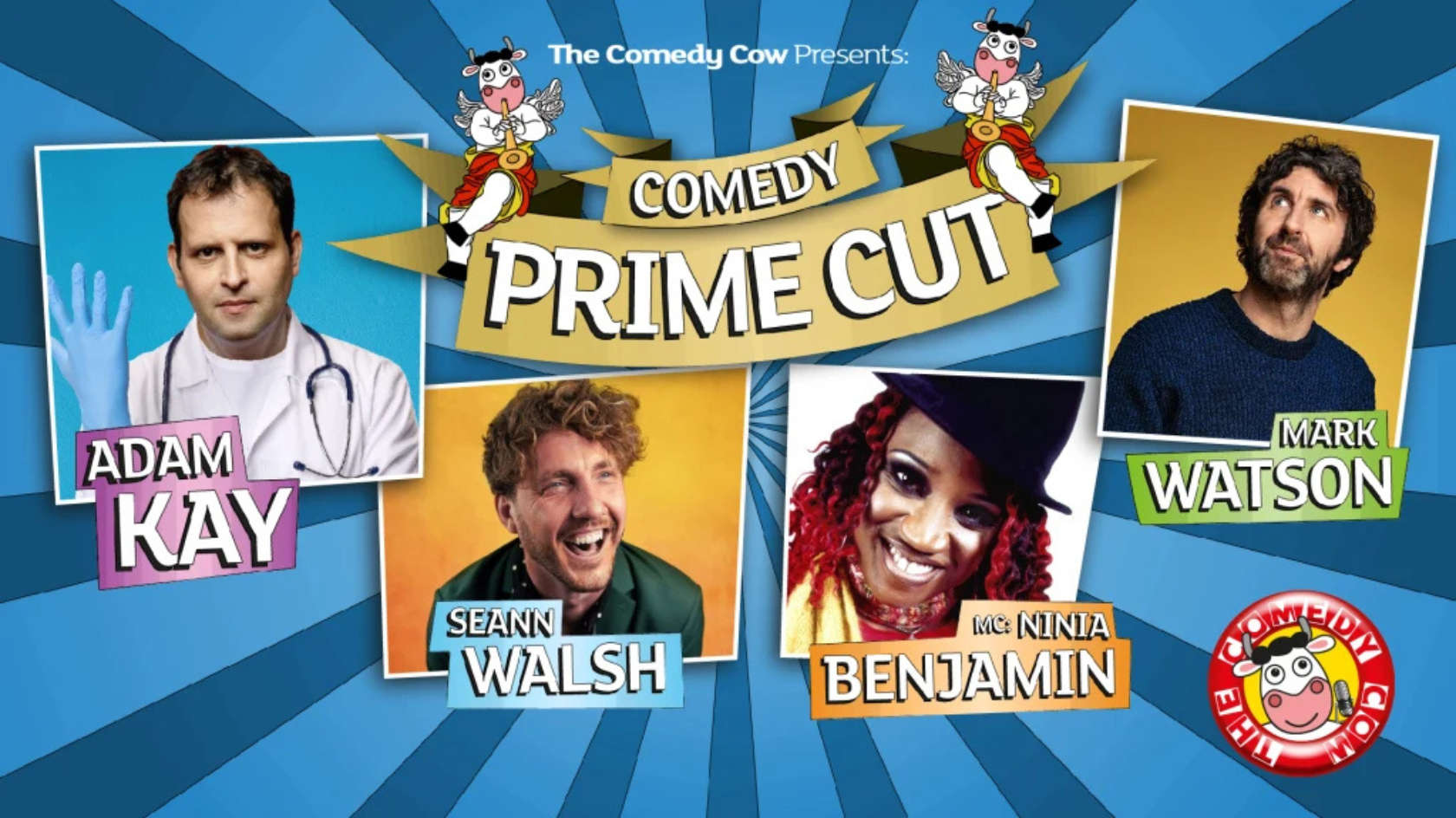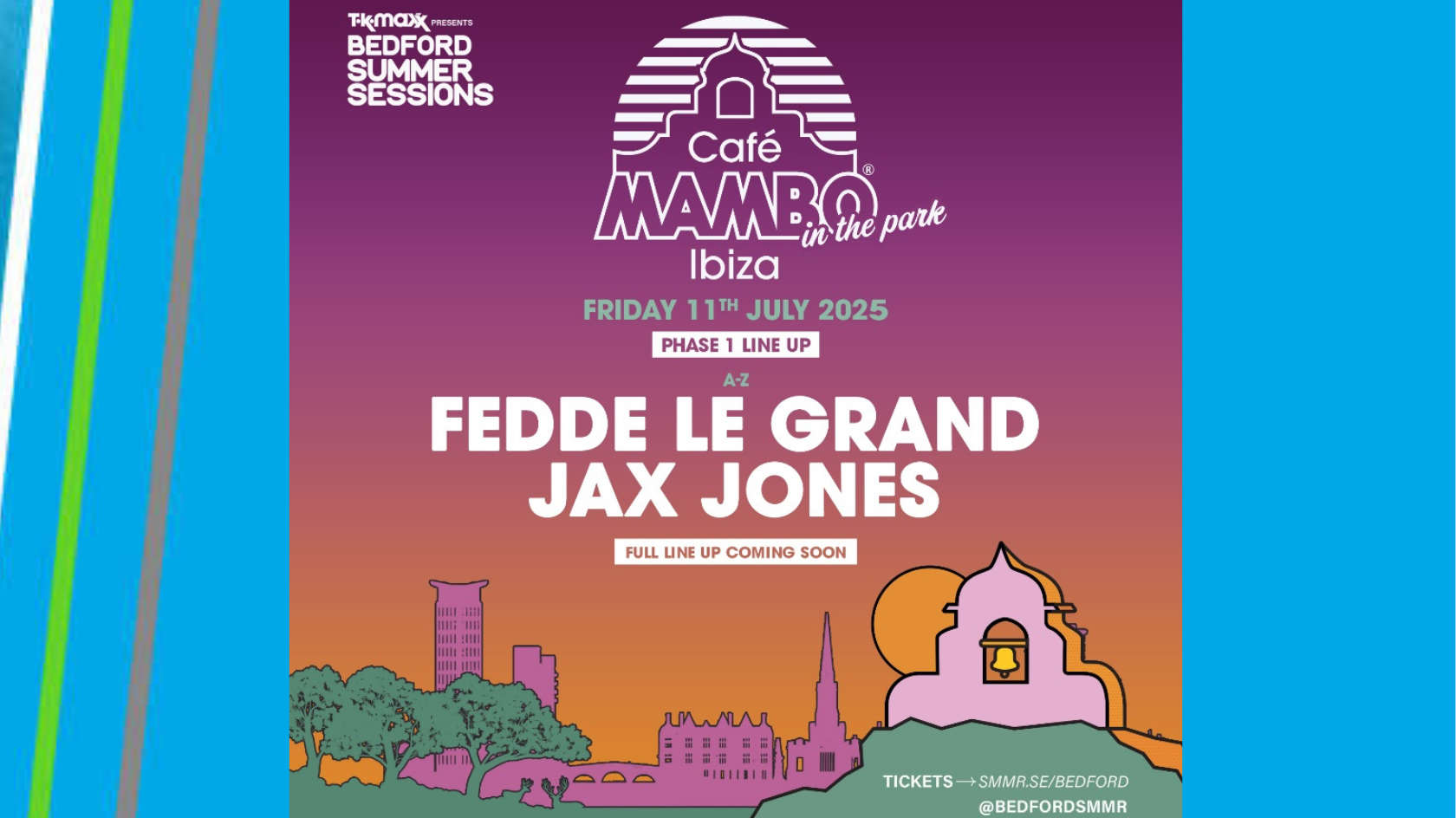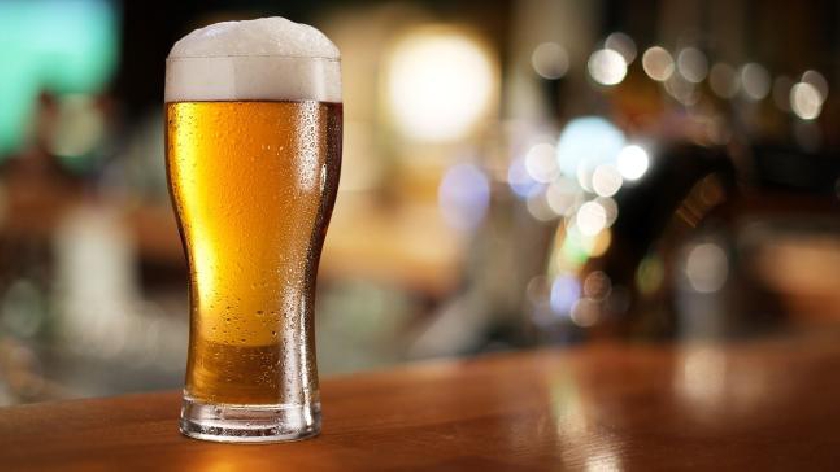
With traffic slumping by up to 73% of normal levels during lockdown, Britain’s roads were the emptiest they have been since 1955 in April.
So, you may be surprised by recent figures showing that, despite there being far fewer cars on the roads, driver behaviour has deteriorated since the imposition of lockdown on 23 March 2020.
The prospect of empty roads apparently proved irresistible to many drivers, with the Metropolitan Police saying speeding offences increased by 71% in April compared with the same month last year. Meanwhile, Kent Police and Derbyshire Constabulary noted a 53% and 41% rise in speeding incidents during the same period, respectively.
Alcohol consumption increased during lockdown
Most dangerously, despite pubs and restaurants being closed for several months during lockdown, respondents to a wide variety of consumer surveys reported drinking between a fifth and a third more. In the three weeks prior to the official start of lockdown, panicked drinkers flocked to supermarkets and off-licences, spending an extra £160m on alcohol to see them through the most unprecedented period in living memory.
While the Department for Transport’s latest drink driving figures date back to 2018, meaning that we can’t look to official government statistics for answers, anecdotal evidence and local police figures point to an increase in drink driving during lockdown. Figures released by West Mercia Police reveal that 357 local residents were caught drink driving between March and June, while South Wales Police saw a 9% increase in drink driving arrests between March and the end of July, compared with this period in 2019. It is likely that the combination of increased alcohol consumption and the false sense of security caused by empty roads have led to drivers becoming complacent – even when they’ve been drinking.
The effects of isolation
Several studies have looked into the link between mental health disorders, alcohol consumption and drink driving frequency. One such study, published in the Journal of Behavioral Health in 2014, stated that depression is positively correlated with drinking and driving. In addition, a 2017 study carried out by the Pacific Institute for Research and Evaluation (PIRE) indicated that over half of people charged with drink driving have at least one mental health issue, while 60% with two convictions are mentally ill.
Meanwhile, the impact of lockdown on the nation’s mental health has been well documented. In mid-March, 62% of respondents to a survey reported feeling anxious or worried. However, it has also been shown that the pandemic has disproportionately affected the mental health of young adults, those of low socioeconomic status, and those with pre-existing mental health conditions.
A precarious situation
With new lockdown restrictions imposed in response to a second wave of the virus and winter fast approaching, will we see a renewed outbreak of drink driving as we head towards Christmas? Although the ‘rule of six’ and the 10pm curfew on pubs and restaurants will make the traditional Christmas party an impossibility this year, we already know that the closure of drinking establishments does not necessarily reduce drink-related driving offences. It remains to be seen whether the lure of Christmas festivities leads to a renewed increase in drink driving arrests.


